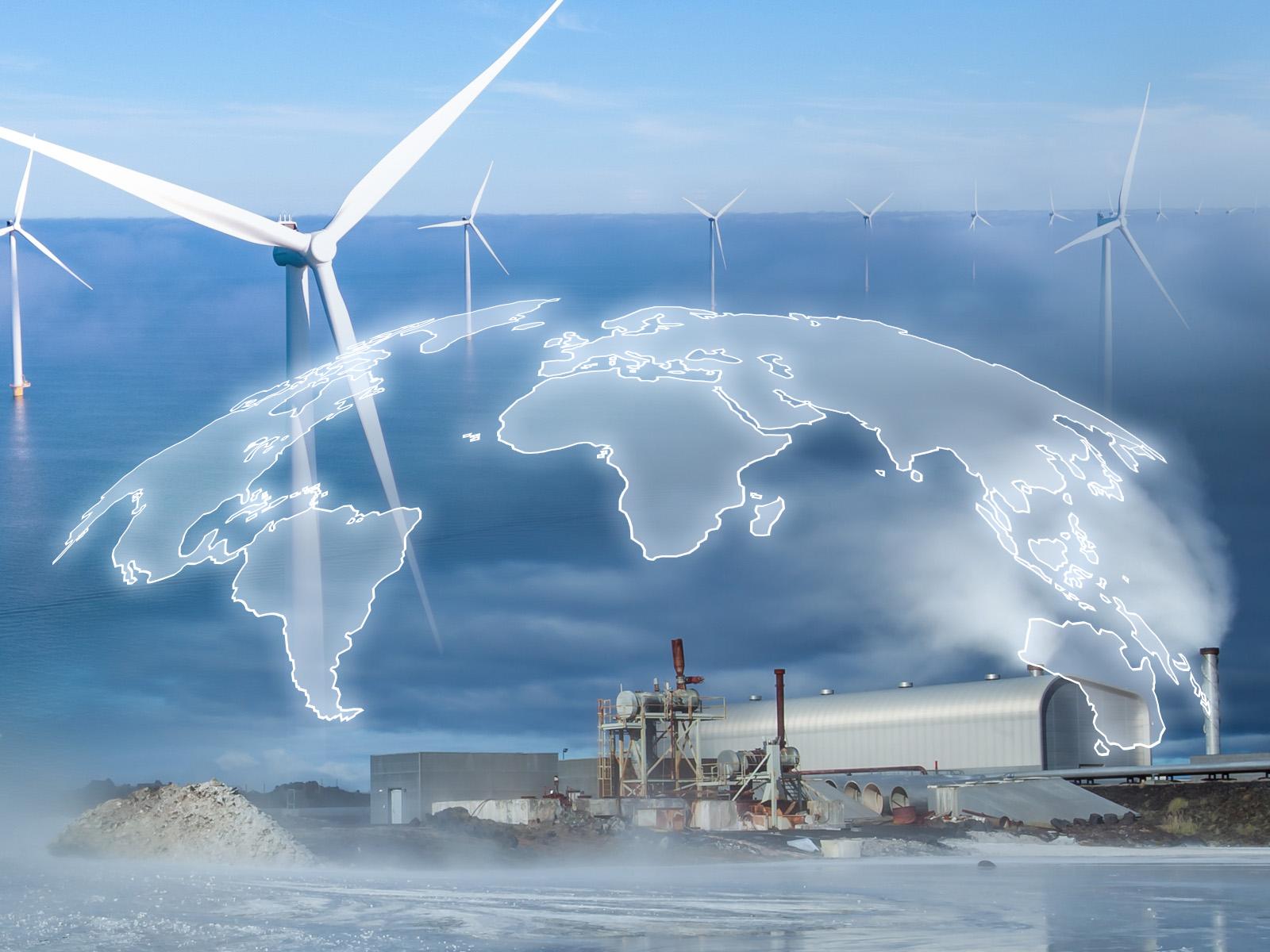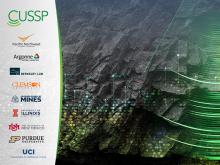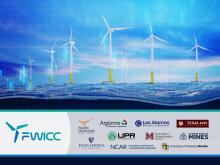Energy Earthshot Research Centers
PNNL leads two of DOE's multi-institutional, multi-disciplinary EERCs

The global shift from nonrenewable to clean renewable energy sources is an all-hands mission. Reaching net-zero carbon emissions requires focus and support comparable to landing a spaceship on the moon.
The Department of Energy (DOE) launched its Energy Earthshot Research Center program in 2023 to establish the fundamental science knowledge needed to accelerate breakthroughs of more abundant, affordable, and reliable clean energy solutions within the decade. The multi-institutional, multi-disciplinary research teams are tackling complex challenges that require large, collaborative research programs. There are currently 11 active centers across the nation, including two led by Pacific Northwest National Laboratory (PNNL). Known as EERCs, the centers operate with oversight from DOE’s Office of Science.
PNNL is the lead institution for the Center for Understanding Subsurface Signals and Permeability (CUSSP) and Addressing Challenges in Energy: Floating Wind in a Changing Climate (ACE-FWICC), both four-year programs that launched in fiscal year 2024. In these centers, multidisciplinary teams of researchers from universities, national laboratories, and state scientific organizations are working to understand the fundamental science needed to meet the clean energy goals of the Energy Earthshot Research Center.

The Center for Understanding Subsurface Signals and Permeability (CUSSP) EERC is working to develop the ability to predict and control fluid flow through fracture networks in enhanced geothermal systems, which is essential knowledge for meeting DOE’s Enhanced Geothermal Shot goals. The founding director of CUSSP is Kevin Rosso.

The Addressing Challenges in Energy: Floating Wind in a Changing Climate (ACE-FWICC) EERC is working to develop a new understanding of meteorological and oceanic conditions to advance the design, control, and grid integration of floating offshore wind using scientific machine learning. This effort is part of DOE's Floating Offshore Wind Shot. The founding director of ACE-FWICC is Larry Berg.